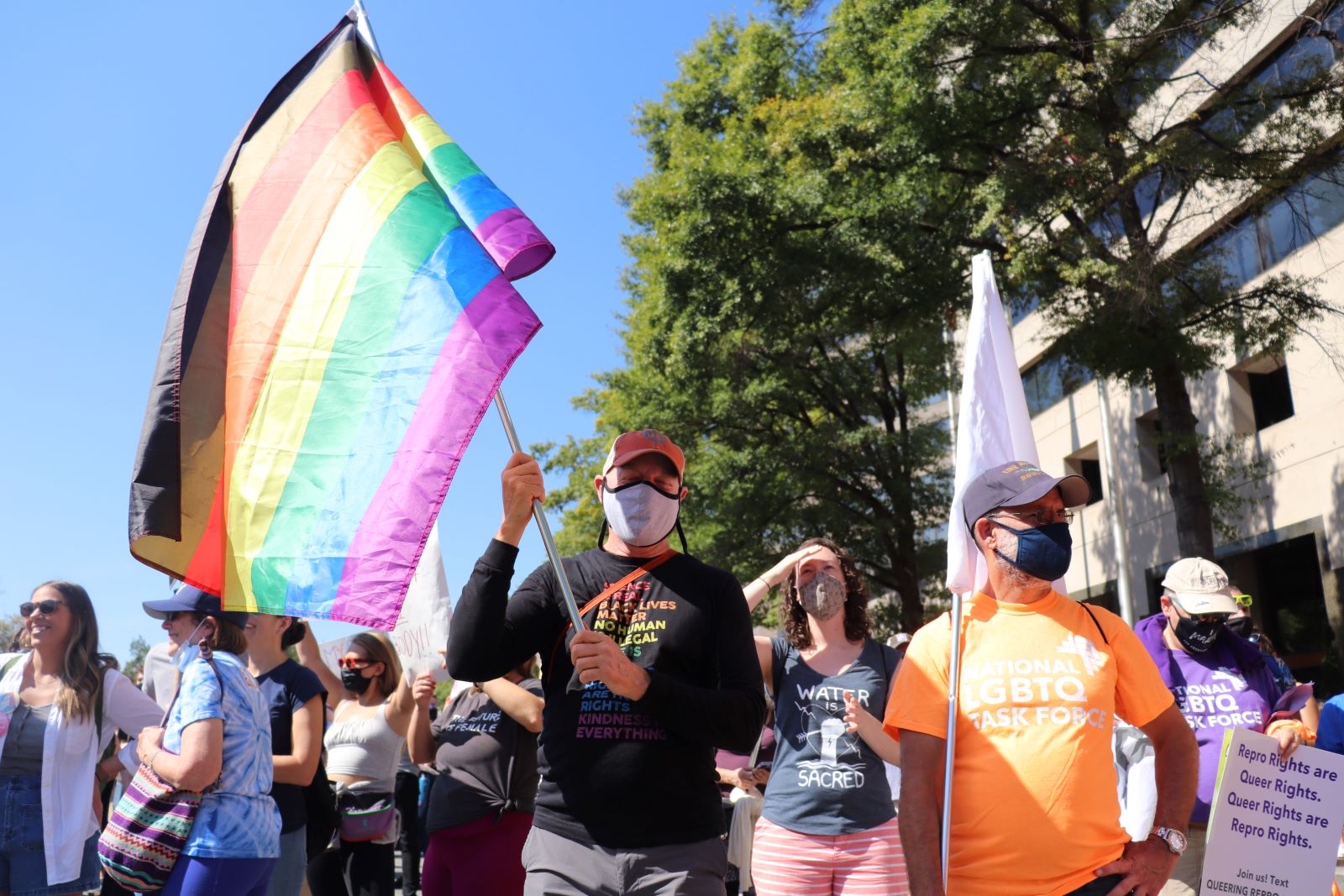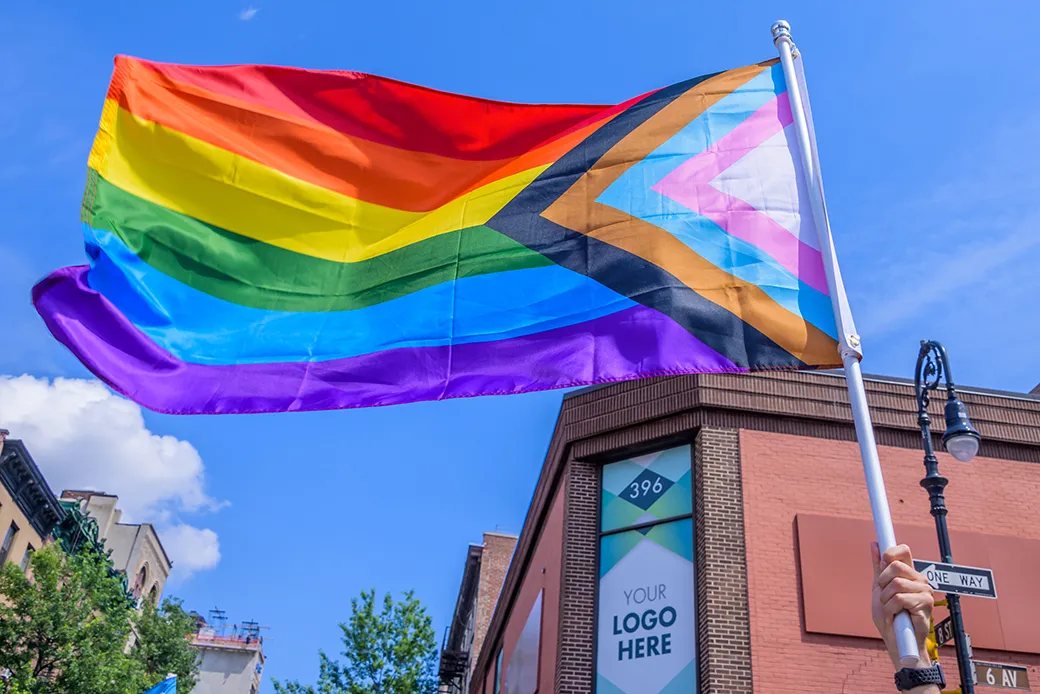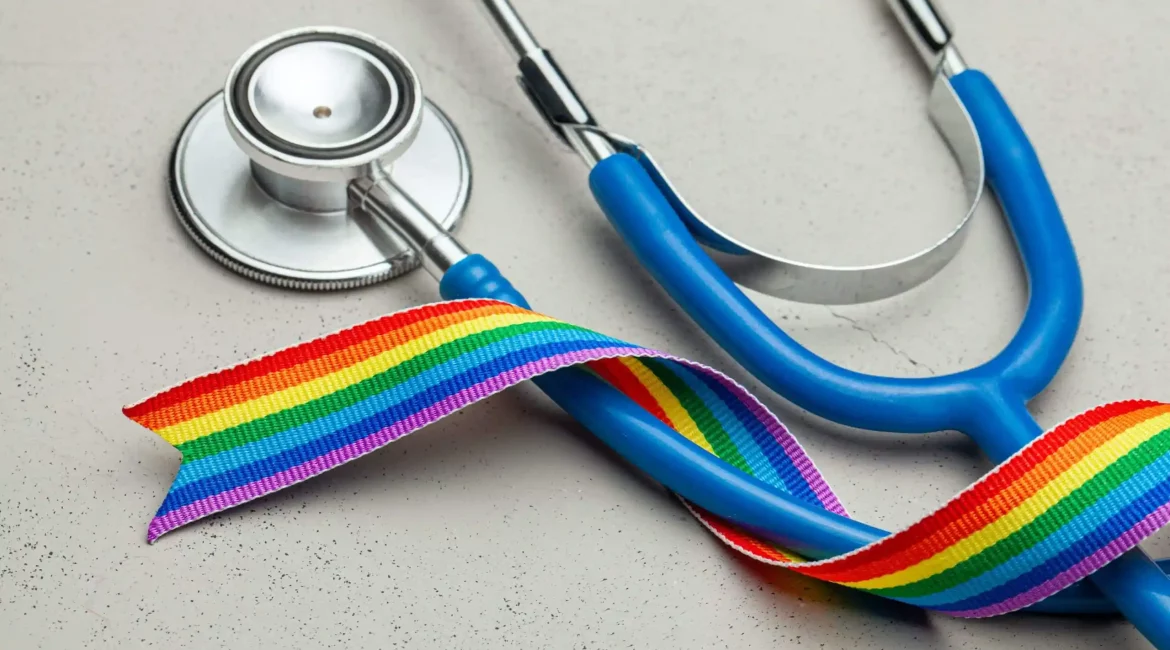In modern society, issues of health and well-being of the LGBT community are of particular importance. Despite substantial advancements in human rights, numerous issues and challenges persist, impacting the lives of millions.. What is the real cost of rejection and discrimination? What measures are being taken to create a fair and inclusive society where everyone has equal opportunities for health and happiness? These issues remain front and center and require proactive action and informed decisions to create a more equitable future for all.
The Path to Justice: Improving the Health of the LGBT Community through Inclusive Medicine
The health of the LGBT community has long been an important topic that requires attention and a comprehensive approach. For many yearsLGBT individuals have encountered discrimination and prejudice in healthcare environments, with serious consequences for their physical and mental health. The path to health equity for the LGBT community includes several key aspects: acknowledging the challenges, establishing a secure and welcoming environment that guarantees access to top-quality healthcare, and educating healthcare professionals.
First, it is important to acknowledge the problems that exist. LGBT people often face denial of health care or inadequate discrimination in treatment based on their sexual orientation or gender identity.
This can involve a lack of awareness regarding the specific healthcare needs of LGBT individuals, biased attitudes from healthcare providers, and the fear of revealing one’s identity. . Many studies show that members of the LGBT community are less likely to seek medical care due to fears of discrimination.
Second, establishing secure and inclusive environments in health care settings is an important step toward equity. This involves training healthcare staff on gender and sexual diversity and integrating measures against discrimination.
Health care settings should be places where LGBT people can receive care without fear of being judged or rejected. This requires changes not only at the level of individual healthcare providers, as well as at the level of policy and culture of health care institutions as a whole.

The third key aspect is access to qualified medical care. LGBT individuals have unique health requirements that require special attention and understanding. For example, transgender people may need hormone therapy or surgery, and members of all LGBT these groups may be at an increased risk of sexually transmitted infections. Ensuring access to quality care requires professionals who understand these needs and can provide the necessary treatment and support.
The fourth aspect is the education of medical personnel. Doctors, nurses and other professionals must be aware of the specific needs of LGBT people and be able to work with this group of patients. This requires the inclusion of topics related to LGBT health in medical school curricula and regular training for current professionals. The knowledge and skills gained through this training will enable healthcare professionals to deliver improved and more inclusive care. The importance of mental well-being of the LGBT community must also be considered. Discrimination, violence and stigma often lead to high levels of stress, depression and anxiety among LGBT people. Therefore, access to mental healthcare and support is an integral part of caring for the health of this group. Healthcare providers should offer psychotherapy and counseling, as well as support groups for LGBT people. These groups can be an important resource where people can share their experiences and receive support from others facing similar issues. Mental health is closely linked to physical well-being, so incorporating mental healthcare into the overall health care system is of paramount importance.
Education and finance: supporting the health of the LGBT community in medicine
An important aspect is also the legal protection and ensuring the rights of the LGBT community. Legislative measures protecting the rights of LGBT people can greatly improve access to health services. This includes enacting laws against discrimination in healthcare and guaranteeing the right to privacy and respect. Health care providers must actively support and enforce these rights.
Education and enlightenment of society as a whole also plays an important role. Reducing stigma and bias against LGBT people can improve their experiences with the medical system. Educational campaigns aimed at educating communities about sexual and gender diversity issues can help create more inclusive and supportive environments.
Affordability of healthcare services is another critical factor. LGBT people often face financial hardships that can prevent them from getting the health care they need. Developing financial support programs and providing subsidies for healthcare services can greatly enhance the situation. Insurance companies must also include coverage that addresses specific medical needs in their plans.
In addition, legislative initiatives are needed to protect the rights of LGBT people in the healthcare sector. Laws prohibiting discrimination based on sexual orientation and gender identity require robust enforcement and substantial backing.
This could involve establishing special funding for training programs for healthcare providers who serve LGBT individuals, as well as providing legal support for those who have faced discrimination.

Research and Collaboration: A Framework for Improving Health Care for the LGBT Community
Research and data collection on the health of the LGBT community is also an important step toward achieving equity in health care. Without sufficient information and statistics, it is impossible to adequately assess the scale of the problem and develop effective measures to solve it. Research should include both physical and mental health, as well as analysis of economic factors that affect access to healthcare.
Collaboration among various organizations and institutions also plays a crucial role. It’s essential for governmental agencies, healthcare providers, community organizations, and LGBT activists to cooperate in building an inclusive healthcare system.Collaborating on experiences, collective projects, and initiatives to enhance the quality of healthcare for LGBT individuals can result in substantial improvements. The health of the LGBT community requires an integrated approach and active action on the part of all participants in the process. Only by working together can we create an equitable health care system in which all individuals, regardless of their sexual orientation or gender identity, receive quality and inclusive health care. Creating such a system is not only a matter of justice but also a significant step towards enhancing the health and well-being of society as a whole.

